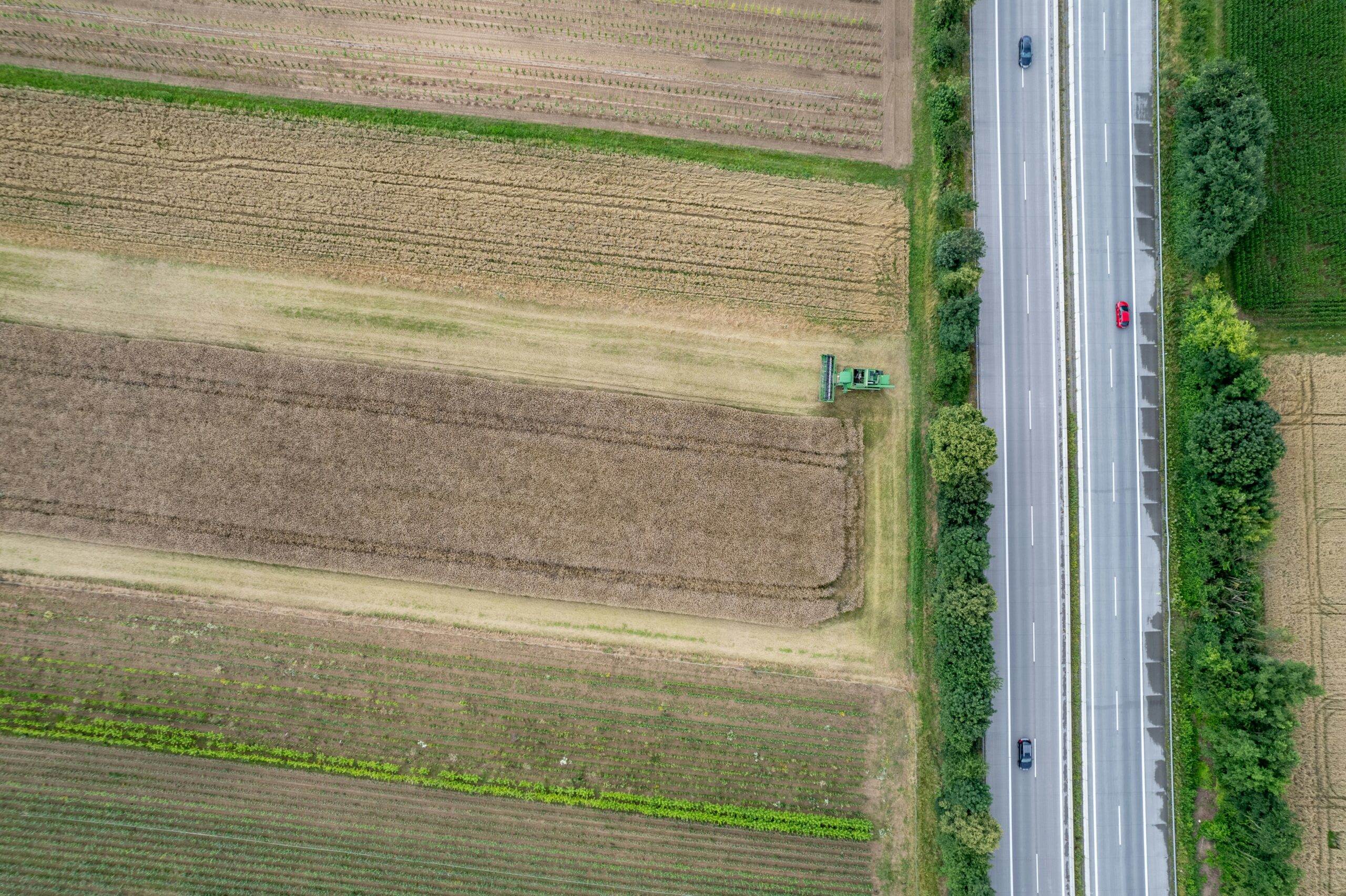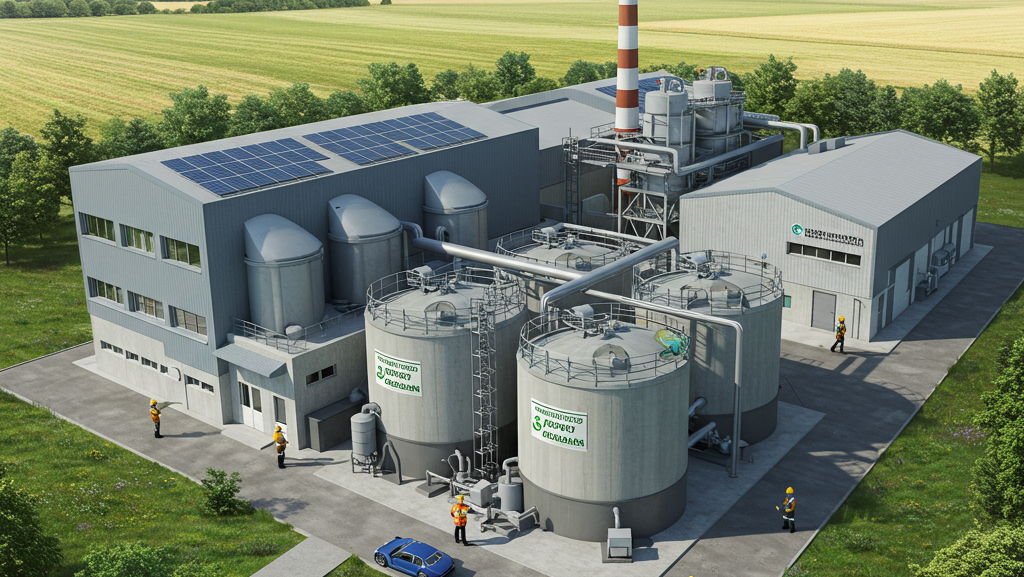Introduction to Precision Farming
Precision farming represents a revolutionary approach in agriculture, utilizing advanced technologies to enhance crop yields while minimizing environmental impact. By leveraging GPS and data analytics, farmers can make informed decisions that lead to smarter resource management and optimized production processes.
The Role of GPS Technology
GPS technology plays a crucial role in precision farming. With the ability to pinpoint exact locations in fields, farmers can gather data on soil conditions, moisture levels, and crop health. This enables them to apply inputs such as fertilizers and pesticides precisely where needed, reducing waste and costs. The result is a more sustainable agricultural practice that significantly boosts efficiency.
Data Analytics: Transforming Farm Management
Data analytics further amplifies the benefits of precision farming. By analyzing data collected from various sources, farmers can gain insights into their farming systems. For example, historical yield data can inform future planting decisions, while weather patterns can help anticipate and mitigate risks. Ultimately, integrating data analytics into daily operations empowers farmers to enhance productivity and profitability.
In conclusion, precision farming, supported by GPS and data analytics, is transforming agricultural practices. Its focus on efficiency and sustainability not only benefits farmers but also contributes to global food security. As technology continues to evolve, the future of agriculture looks promising with these innovative solutions.





